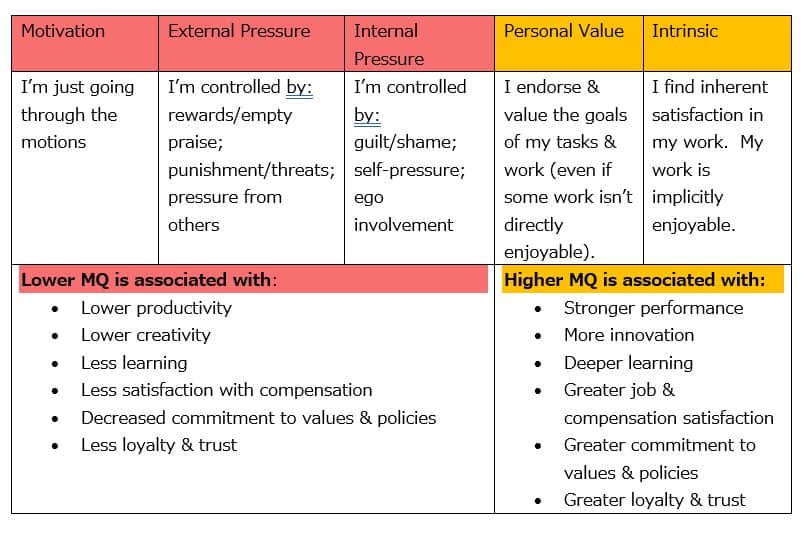Maslow Redux: Purpose
1 April 2023
Here’s a concise definition of purpose: “1. The object toward which one strives or for which something exists; goal; aim” (Morris, 1975, p. 1062). Many wise people have said that an essential component of a well lived life is purpose. Abraham Maslow was one of those wise people. This blog looks at some of what Maslow and Kaufman (2020) had to say about the role of purpose in a human life.
Past blogs (twelve of them!) have focused on Viktor Frankl, an influential psychiatrist who lost family in the death camps but lived to tell the tale. That tale included an observation that has stuck with me since reading it: those who survived had a purpose awaiting them: something, someone, or some place they had to be. Frankl captured an important set of causal factors by stating that we are “pushed by drives but pulled by meaning” (Kaufman, 2020 p. 156).
In another paper, I have had to come to terms with the presence of fundamental forces within the self. Though they have been given names from Part X (Stutz & Michels) to the shadow self (Jung), I stick with Freud’s ancient Greek conceptualizations; labeled Eros, the force of erotic love and desire resulting, when successfully completed, in the propagation of life. Its opposite, the death force, was labeled Thanatos(Gay, 1988). The successful completion of Thanatos is the extinction of life. I can think of few clearer human representatives of Thanatos than Vladimir Putin, ready and willing to sacrifice hundreds of thousands, maybe a million lives in pursuit of more power, more control, more self-exaltation.
If Putin were pulled by meaning, he would be using his administrative abilities to foster the conditions facilitating his people becoming all that they can be. And this was addressed by Maslow. The thinking is that those frustrated in their quest for meaning become those obsessed with a will to power. In oversimplified terms, if you are unable to foster the conditions to make your own life thrive, you turn to the control of the lives of others. The drives don’t disappear, but the object of those drives can be substituted—but with an almost nil chance of living a well-spirited (eudemonic) life.
As that choice (meaning versus control) makes clear, none of this is easy or guaranteed to succeed. Kaufman (2020) looked at integrated goals versus fragmented goals. In simple terms, an integrated set of goals does two things: 1) the goals complement and spur one another and 2) those goals resonate in a satisfying way within the person who has identified their own goals. Kaufman (2020) makes an excellent point about this, and our degree of self-control. He argues that a well integrated set of goals makes self-control—over little and big temptations—easier because we have an integrated context within which those decisions are made and fit. And from that organized set of objectives we are wise to create a not-to-do list; something of constant concern to those in the early stages of recovery from addictive behaviours. Helpfully, there’s a chart for this!
Table 1 : Motivation Quality (MQ) Continuum

This is a very abbreviated summary of Kaufman (2020) on Maslow, but it’s not a bad starting point. We’ll end with something published the year after Maslow died.
Self-actualizing people are, without one single exception, involved in a cause outside their own skin, in something outside of themselves. They are devoted, working at something, something which is very precious to them—some calling or vocation in the old sense. They are working at something which fate [or their own natures] has called them to somehow and which they work at and which they love, so that the work-joy dichotomy in them disappears.
—Abraham Maslow, 1971, The Farther Reaches of Human Nature
Dan Chalykoff is near completion of an M.Ed. in Counselling Psychology and accreditation in Professional Addiction Studies. He works as a supervised psychotherapist at CMHA-Hamilton where his focus is addiction, trauma, burnout, and major life changes. He writes these blogs to increase (and share) his own evolving understanding of ideas. Since 2017, he has facilitated two voluntary weekly group meetings of SMART Recovery. Please email him (danchalykoff@hotmail.com) to be added to or removed from the Bcc’d emailing list.
References
Kaufman, S. B. (2020). Transcend: The new science of self-actualization. TarcherPerigee Books.
Morris, W. (Ed.) (1975). The Heritage illustrated dictionary of the English language. American Heritage Publishing Co, Inc.
Comments